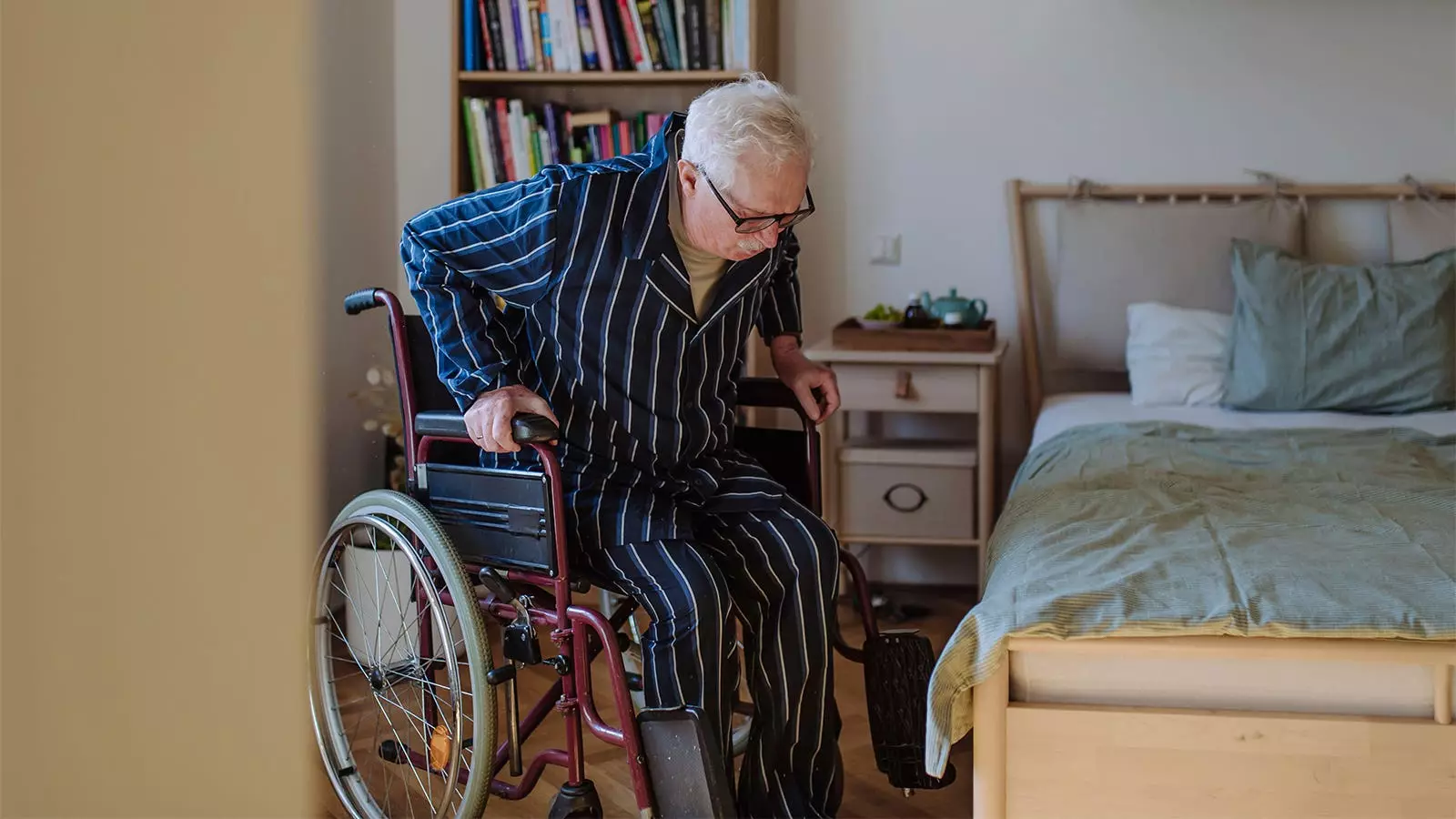In our society, where the media is often filled with negative news, important trends can sometimes get lost in the noise. One such trend is the increasing cases of abuse and neglect towards dependent persons, including children, the elderly, and individuals with disabilities. Neglecting the care of a dependent person can lead to serious consequences, and in many states, including Pennsylvania, it is considered a criminal offense known as “negligent care of a dependent person.”
Laws and Statutes
The legal concept of negligent care of a dependent person is clearly defined in state statutes, such as Pennsylvania’s 18 Pa. C.S. § 2713. In Pennsylvania, a “care-dependent person” is an adult who requires assistance due to physical or cognitive disabilities to meet their basic needs. A “caretaker” refers to anyone with the legal responsibility of providing care to the dependent individual. The law holds caretakers accountable for neglect if they fail to provide necessary treatment, care, goods, or services that endanger the health, safety, or welfare of the dependent person.
Several high-profile cases have shed light on the seriousness of negligent care of dependent persons. For example, the case of Christann Gainey, a nurse who pleaded guilty to neglecting a care-dependent person, resulting in the death of the patient. Another case involved nurse Heather Pressdee, who faced charges of harming and attempting to kill multiple patients under her care. These cases highlight the critical need for proper training, supervision, and accountability for all caretakers entrusted with vulnerable individuals.
The Ongoing Issue
While high-profile cases garner media attention, there are countless ongoing cases that rarely make the news cycle. According to Ken Fulginiti, JD, and Sarah Dooley, JD, negligent care cases have been on the rise, especially during the COVID-19 pandemic. Laws such as Pennsylvania’s Act 53 have expanded the definition of neglect to include behaviors that may jeopardize a dependent person’s welfare, even if there is no physical harm. These laws play a crucial role in safeguarding the most vulnerable members of society.
A significant challenge in addressing negligent care of dependent persons is the power imbalance between the parties involved. Victims of abuse who are unable to communicate effectively often suffer in silence, unable to seek the help they need. The intersection of law and healthcare in these cases highlights the need for increased awareness and action to protect and care for those who are most vulnerable and dependent on others for their well-being.
Call to Action
The conversation around negligent care of dependent persons calls for a recommitment from healthcare professionals, lawmakers, caregivers, families, and society as a whole to ensure the protection and proper care of the most vulnerable individuals. By focusing on the pressing issues that often go unnoticed, we can work towards building a society that values the dignity, respect, and well-being of all its members, regardless of their dependency status. It is not just a legal obligation but a cultural imperative to care for those who need it the most.

Leave a Reply